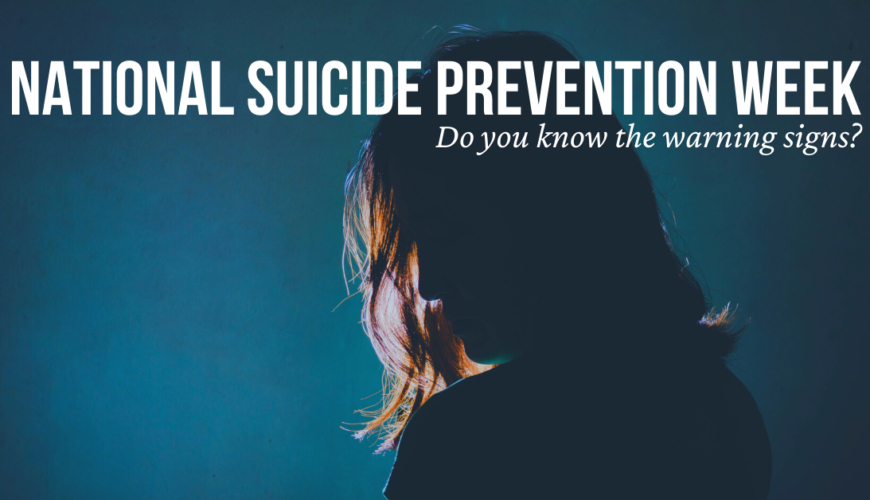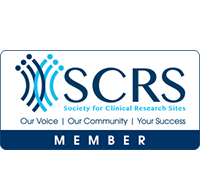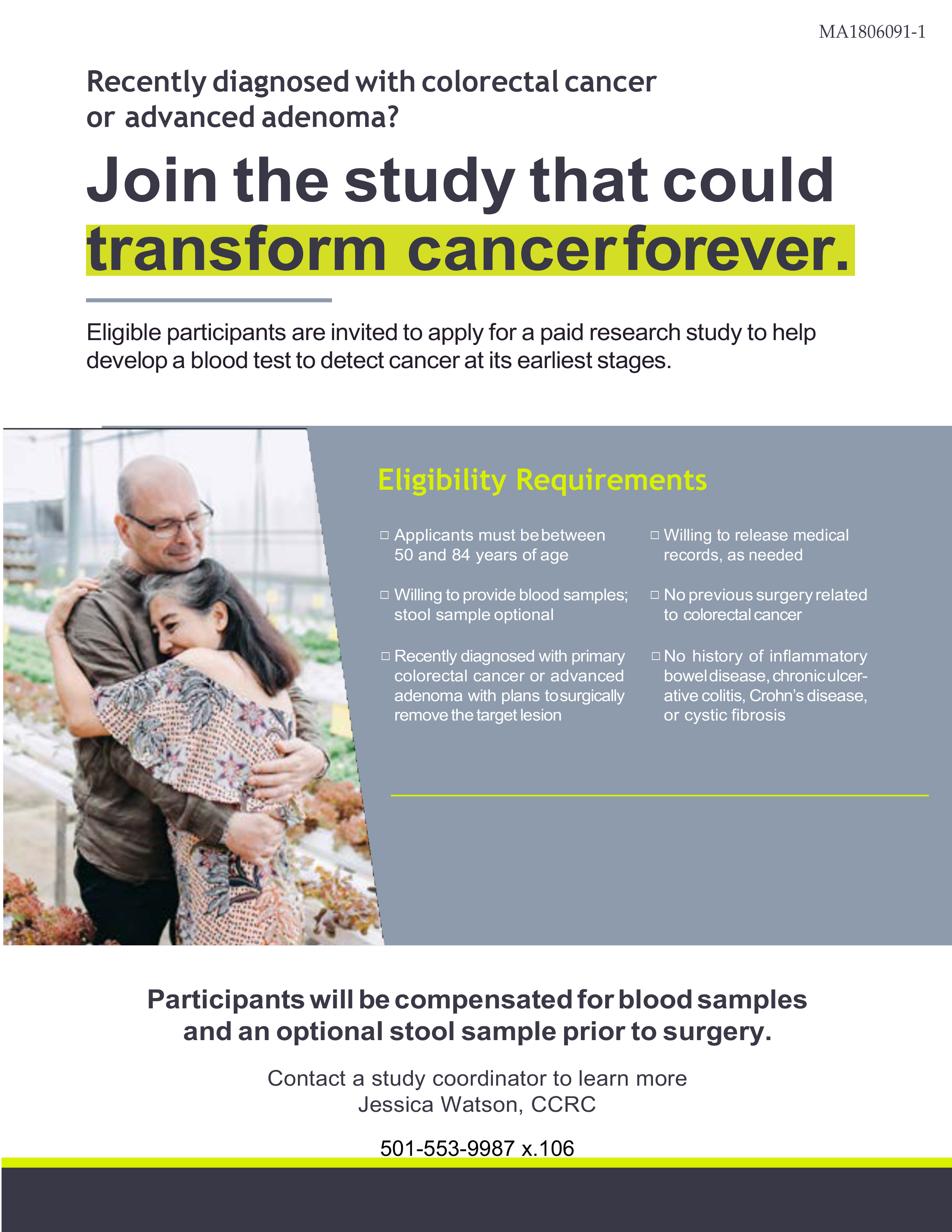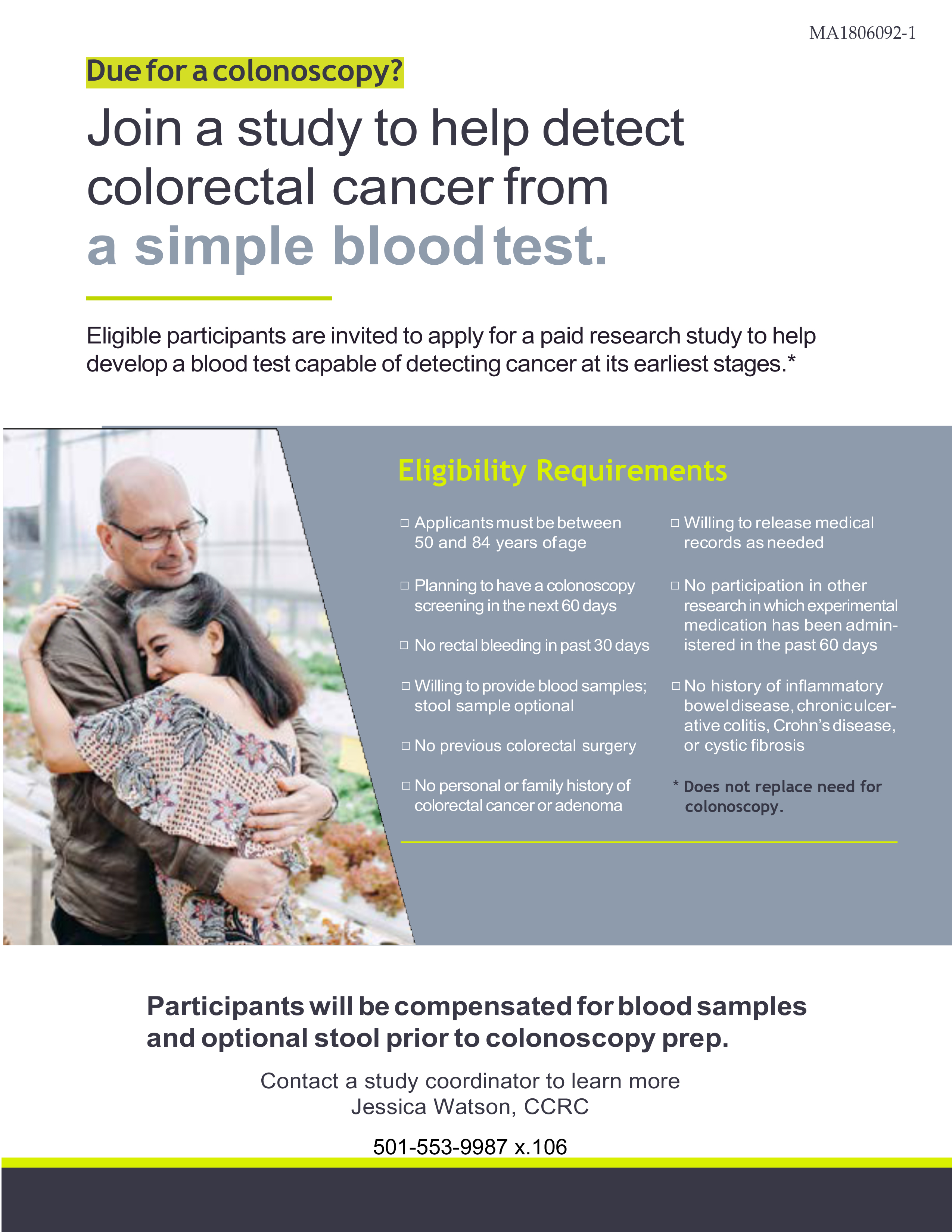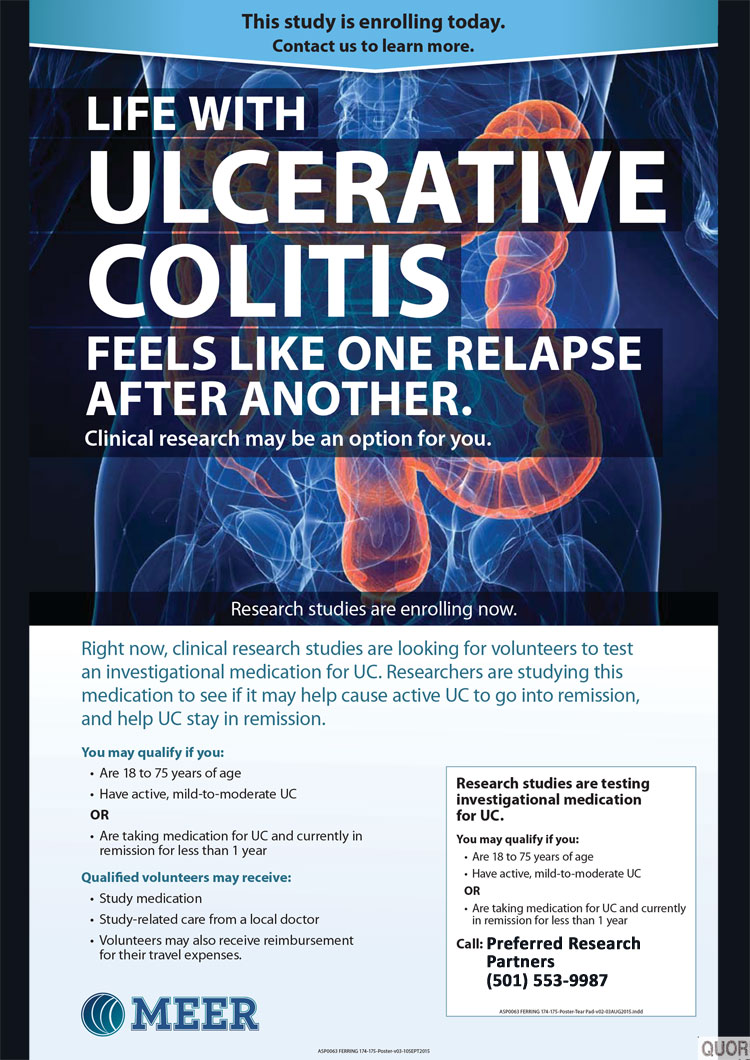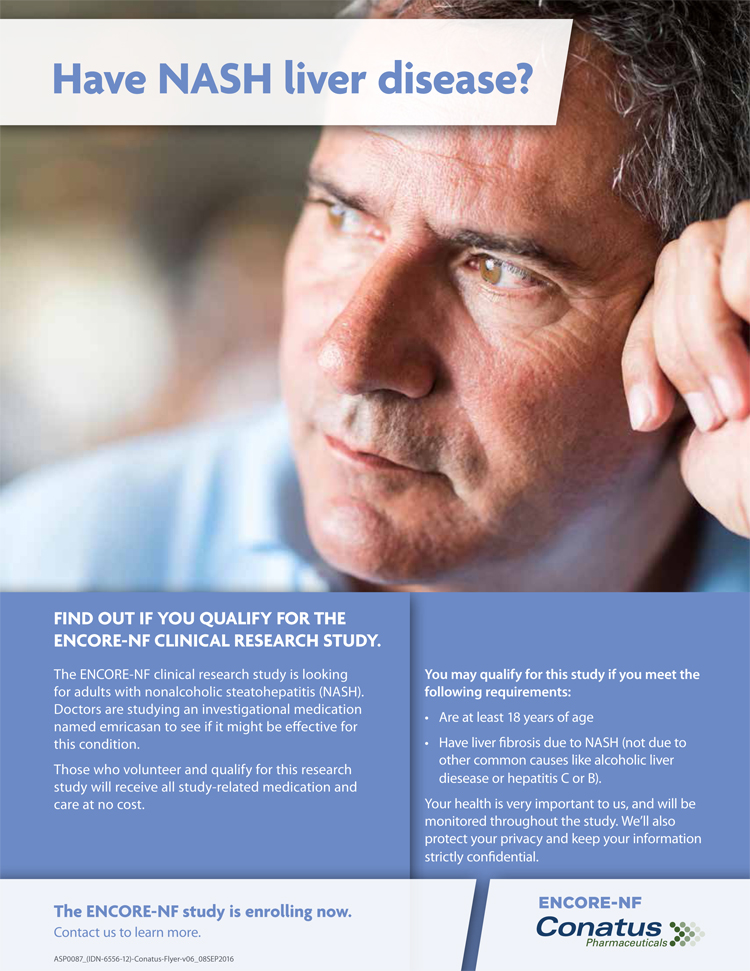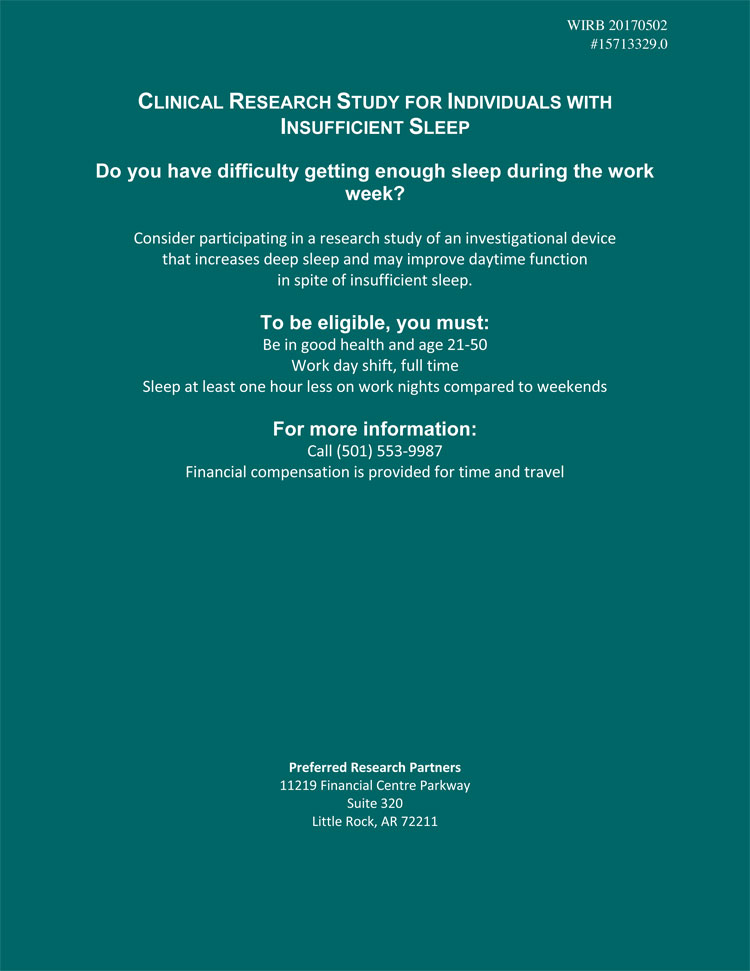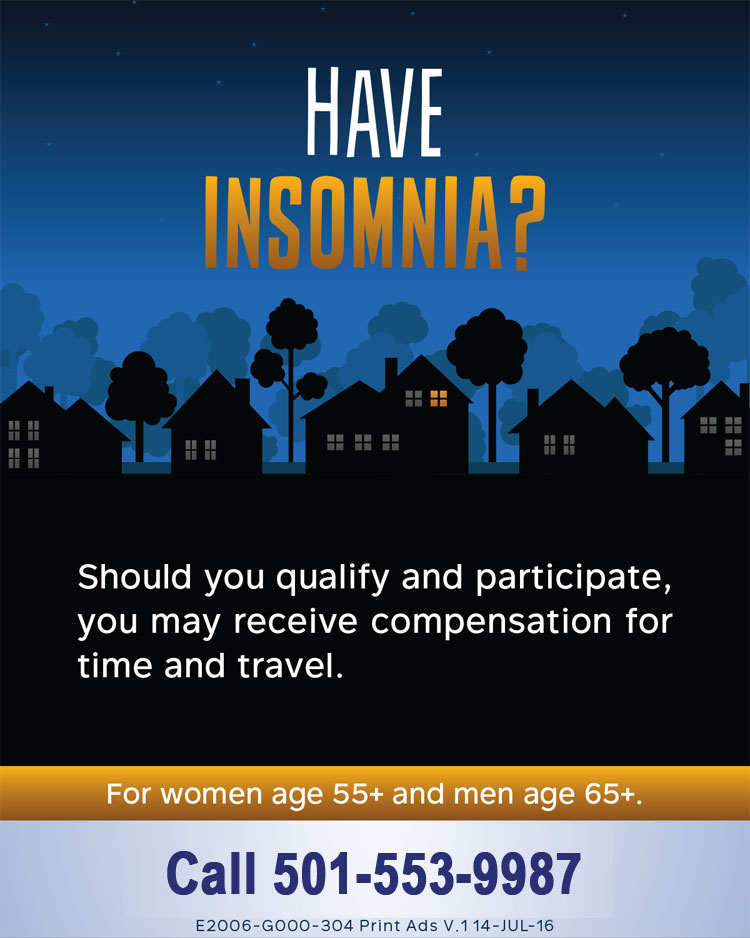Content Warning: The following blog includes discussions of depression and suicide that some readers may find triggering. If you are having thoughts of suicide, please visit https://suicidepreventionlifeline.org/ or call 1-800-273-8255 immediately.
Researchers estimate that 132 people die per day by suicide in the United States, making it the 10th leading cause of death for Americans. Know the warning signs of depression and suicidal ideation; you never know who may be struggling.
It is important to remember that depression can manifest or present differently for everyone, and in severe cases can culminate into suicidal ideation. The following warning signs for depression and suicide are common, but not everyone struggling will present these symptoms. If you or a loved one are showing any of the following symptoms, Preferred Research Partners urges you to seek help from a mental health professional immediately.
Social Isolation
Many people living with depression will withdraw themselves from their typical lives. This could present as ignoring friends and family, skipping work or school, or discontinuing activities that once brought them joy. Because the feeling of isolation correlates to a higher risk of suicide, it’s vital to check on your loved ones, especially while social isolation is more common during the COVID-19 pandemic than most are used to.
Exhaustion
A healthy sleep schedule is necessary for the brain to function properly. Insomnia and exhaustion can increase the risk of developing or worsening depression, but depression can also cause insomnia and exhaustion. The average adult needs 7-9 hours of sleep every night; if you or someone you know is struggling to sleep through the night (insomnia), or sleeping too much (hypersomnia), this can be the sign of a major mental or physical health issue.
Substance Abuse
Continuous or increased alcohol and drug use is a very telling sign that someone may be living with depression. People living with depression may be more likely to develop substance abuse disorder, which can in turn worsen their depression, resulting in a harmful cycle of depression and substance dependence. Over 22% of deaths by suicide in the U.S. involve alcohol intoxication. Alcohol is a depressant that has the potential to cause mood swings and substandard judgement.
Talking About Death and Suicide Often
If a person is suicidal, they may outwardly express their suicidal ideation through active threats of suicide or passive ideas about death and suicide. If someone you know is mentioning death or suicide often, it is critical to seek help as soon as possible to prevent self-harm or suicidal behaviors.
Other Mental Illness
Along with depression, many other mental illnesses can lead a person to take their own life. Mental illnesses such as psychotic, mood, anxiety, or personality disorders are associated with an increased risk of depression, as well as periods of substandard judgement that could increase their risk of suicide. It is essential to understand that each mental illness has its own unique characterization of symptoms which may lead to depression and suicidal ideation.
For more information, as well as crisis and suicide prevention resources, please visit the following link: https://suicidepreventionlifeline.org/
If you or a loved one are living with depression, a clinical trial in Little Rock may be able to help. Enter your information below to learn more.

